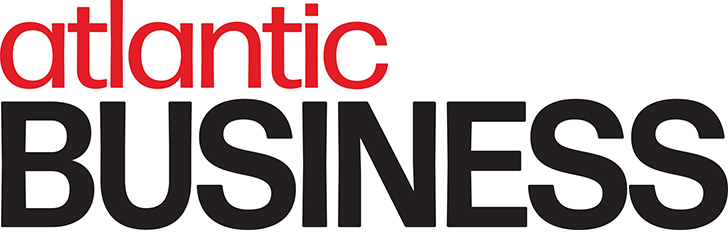
Dear ABMInsider,
Mark Carney’s Liberals won the 45th general election. Or did they? Sure, they finished with 43.7% of the popular vote and 169 seats in the House of Commons—three seats shy of a majority government. And sure, over 40% of the popular vote would be more than enough for a decisive win in most elections. But we all know that 2025 was considerably different from most elections.
Indeed, it was the tightest of races with the Conservatives, under Pierre Poilievre, winning 41.3% of the popular vote and 144 seats. The Bloc, NDP and Green Party won a combined 30 seats with 73% of those going to the Quebec-specific BQ. Which means, on a federal level, it was really just a battle between red and blue.
On the surface, that right-wing/left-wing split seems to underscore a disturbing polarization in Canadian values. An ‘us’ vs. ‘them’ mindset that’s appears to be more and more closely aligned to American-style politics. I’d argue it’s more complicated than that.

Consider: the Liberals had been in power for three consecutive terms. In late 2024, a mere five months ago, the Conservatives were on track for an easy majority. People were more than ready for a change. Voters clearly felt the Liberals had gotten too comfortable—too complacent in their power.
Then Trudeau resigned, Mark Carney was in—and everything changed. The question is, why? I’ve heard a lot of pundits say that Trump won the election for Carney, that Canadians felt Carney was better equipped to handle our southern neighbor. I believe that’s partially right, that Trump did indeed help the Liberals win the election—not because of Carney, but because of Poilievre.
The Conservative leader ran a highly divisive campaign, one that was uncomfortably similar to Trump’s trademark style. I don’t think Canadians voted Carney just because they thought he was the best person to defend the country against threats to our national sovereignty; I believe they voted against Poilievre because he was too much like Trump. PP’s snarky one-liners and attack ads were deliberately designed to appeal to a far-right demographic. More specifically, a farther right mindset than most Canadians are comfortable with.

Ultimately, Carney won because he was less liberal than his predecessor and more comfortably conservative than Poilievre. As an aside, I think the Conservatives did themselves a disservice by getting a newly-elected MP to resign so Pierre could presumably win the seat in a byelection. A different leader, with a different approach, would be a heck of a lot more palatable to Canadian voters.
That brings me back to Carney and what exactly he has won: a country divided, where too many citizens feel disenfranchised. Just this morning, in Canada’s Conservative heartland, Alberta’s Premier Danielle Smith was threatening a separation referendum.
More than healthcare, more than housing, even more than immigration and resource development, I believe our new PM’s biggest and most challenging job will be to find a way to represent all Canadians. The future of Canada, as we know it, depends on it.
 |
Dawn Chafe Co-owner & Executive Editor dchafe@atlanticbusinessmagazine.ca |


